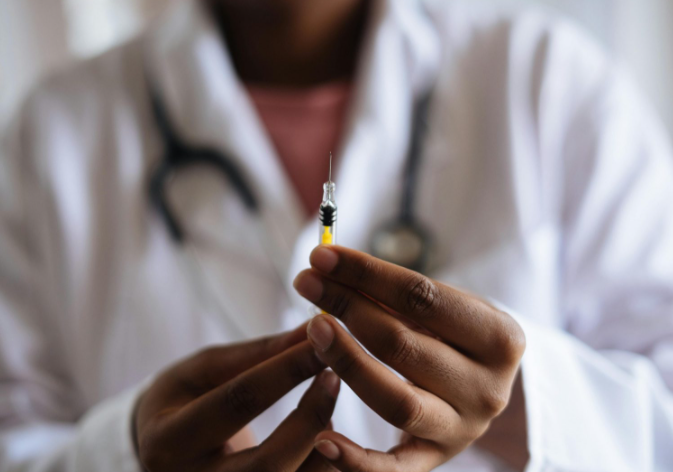The recent outbreak of Mpox in the region has sparked a reevaluation of pandemic preparedness, prompting Kenya to host a meeting focused on this critical issue. At Amref International University last week, health experts urged African CDC member countries to enhance collaboration and foster regional partnerships in light of the persistent threat posed by infectious diseases.
Ebola, COVID-19, and the recent Mpox outbreak—formerly known as Monkeypox—are notable public health emergencies that have regional and global implications. Mpox, endemic to Central and West Africa, led to a significant global outbreak in 2022, resulting in a World Health Organization (WHO) declaration of a public health emergency in July due to its multi-country spread.
As stakeholders prepare for the East Africa Region Global Health Security Summit in January 2025 in Kilifi, they highlighted the pressing need for improved pandemic preparedness, particularly as the region faces risks related to bioterrorism and biosecurity.
Dr. Judith Kose, Regional Program Lead for the Eastern Africa Regional Coordinating Center of Africa CDC, emphasized the urgency of action during the media launch for the summit. “The ongoing partnerships among Eastern African countries are crucial to enhancing health security and preparedness for future threats,” she stated, representing Dr. Mazyanga Mazaba, Regional Director for the Eastern Africa Regional Coordinating Centre of Africa CDC.
Dr. Kose highlighted the interconnectedness of health security, noting that diseases do not recognize borders. “This requires not only regional cooperation but also the strengthening of global partnerships across countries, the public sector, private sector, and civil society,” she added.



